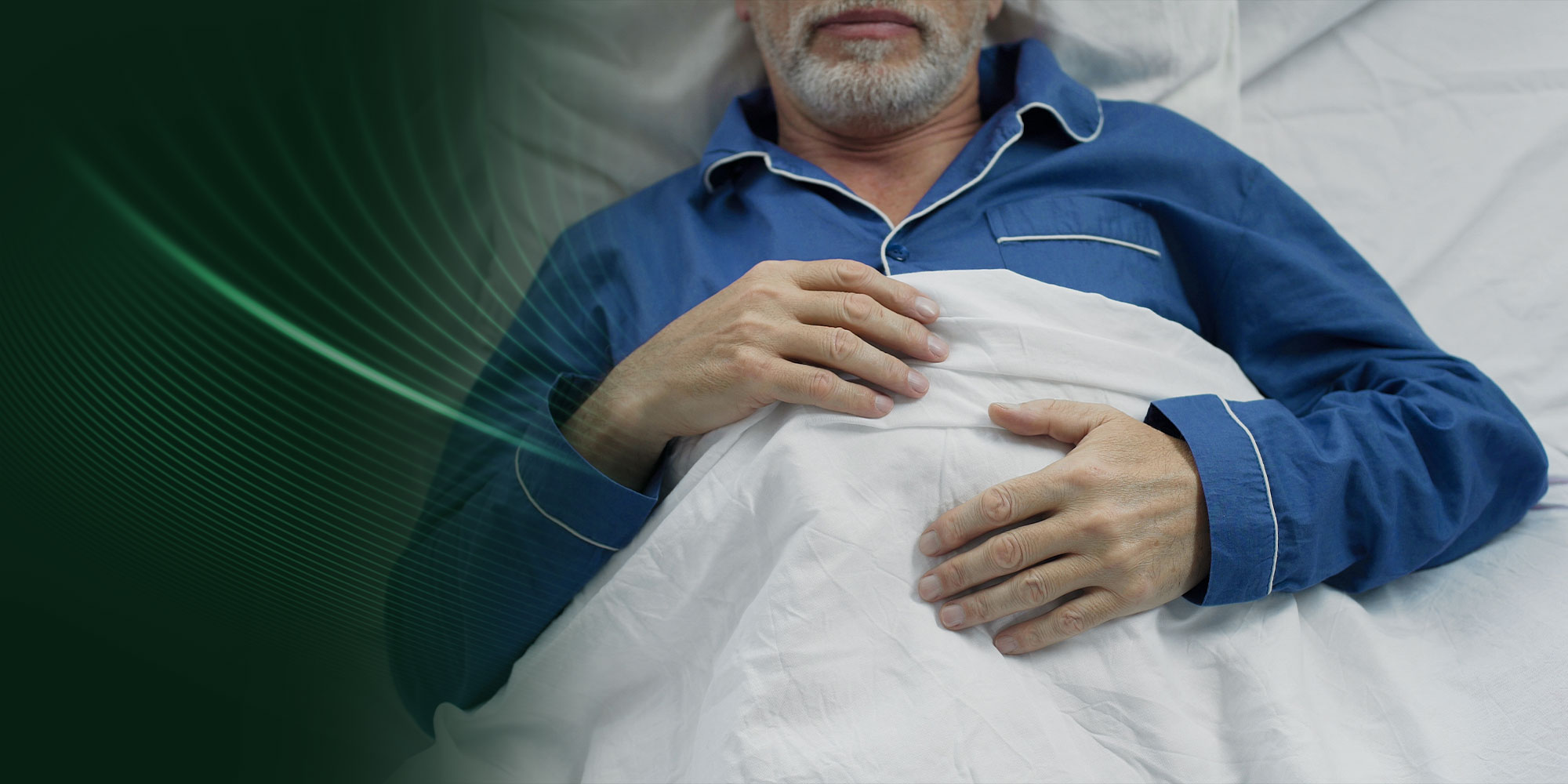
Sleep apnea isn’t the same thing as snoring, though snoring certainly is a symptom of the condition. Snoring typically occurs when the soft tissues of your mouth—your tongue, the roof of your mouth, and throat—block your airway during sleep. These tissues vibrate as you inhale and exhale, causing the snoring sound. While that might seem disturbing enough, especially to those you live with, you actually stop breathing multiple times during the night when this happens.
As a result, you may experience restless nights and sluggish, unproductive days. If you snore, frequently wake during the night, or know you have sleep apnea in Sherwood, OR, we encourage you to learn more about this condition at New Smiles Dental and receive the treatment you need for a full and healthy life.

Sleep apnea doesn’t just threaten your rest—it can endanger your systemic health if left untreated. It’s closely associated with these conditions:
Protect your health and reinvigorate your life with more daytime energy and focus. If you suffer from sleep apnea in Sherwood, OR, treatment is the key. But what is treatment like? There are several common options:
Similar to an appliance you might use for sports, mouthguards can be used to control sleep apnea. These are typically customized to fit you. When you receive your personalized mouthguard, you slip it comfortably over one or both arches of your teeth. Once in place, your mouthguard will shift and hold your jaw slightly forward, preventing soft tissues from blocking your airway and enabling you to breathe freely through the night.
CPAP, or continuous positive airway pressure, is a type of therapy that uses a specially designed unit to prevent you from snoring during sleep. A CPAP unit has a face mask attached to a hose that delivers a steady flow of air into your airway, either through your mouth, your nose, or both, all night long.
Offering the most transformative results for those with advanced sleep apnea, there are a few surgical options available for eliminating sleep apnea. Some of these involve removing small portions of the soft tissues that are collapsing onto your airway or making adjustments to your jawbone. Sleep apnea surgery can only be performed by an oral and maxillofacial surgeon. We’ll first recommend more conservative solutions but will encourage you to consider surgery in severe cases.
